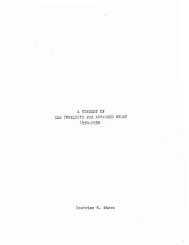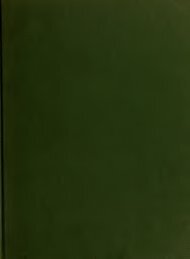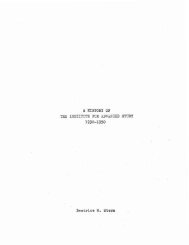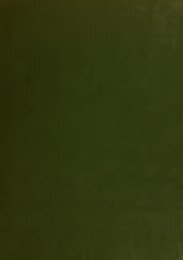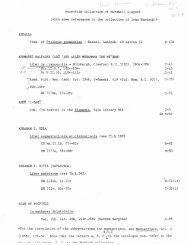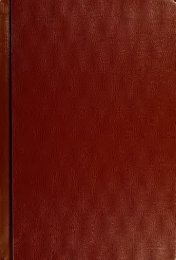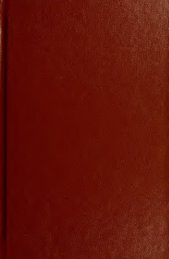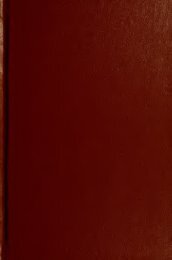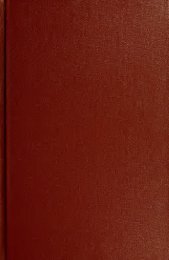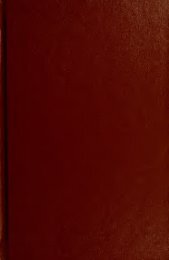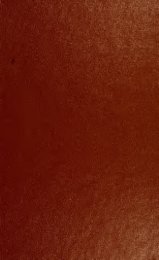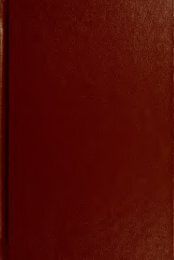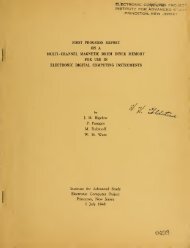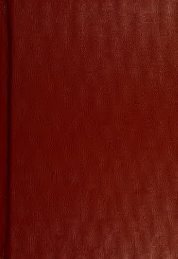Report for the Academic Year 1992-1993 - The Institute Libraries ...
Report for the Academic Year 1992-1993 - The Institute Libraries ...
Report for the Academic Year 1992-1993 - The Institute Libraries ...
You also want an ePaper? Increase the reach of your titles
YUMPU automatically turns print PDFs into web optimized ePapers that Google loves.
THE SCHOOL OF SOCIAL SCIENCE<br />
INTERPRETIVE SOCIAL SCIENCE<br />
Faculty<br />
CLIFFORD GEERTZ [Harold F. Under Professor]<br />
JOAN WALLACH SCOTT<br />
MICHAEL WALZER [UPS Foundation Professor]<br />
Professor Emeritus<br />
ALBERT O. HIRSCHMAN<br />
Since its inception, <strong>the</strong> School has been committed to broadly humanistic, "inter-<br />
pretive" approaches to <strong>the</strong> social sciences. Interpretive social science embraces all<br />
<strong>the</strong> ways in which scholars make sense of <strong>the</strong> social world — policy, economy,<br />
religion, and family — through empirical study, discussion within and across<br />
disciplinary communities, and <strong>the</strong> critical revision of accepted conceptions. <strong>The</strong><br />
School is interested in cultural concepts as <strong>the</strong>y shape <strong>the</strong> disciplines and, more<br />
generally, as <strong>the</strong>y organize all <strong>for</strong>ms of social activity. From this perspective<br />
"interpretive social science" is <strong>the</strong> study of <strong>the</strong> ways in which human beings<br />
create <strong>the</strong>ir societies and make life within <strong>the</strong>m meaningful.<br />
With a faculty of four members, <strong>the</strong> School can hardly hope to cover all <strong>the</strong><br />
relevant academic disciplines. Yet <strong>the</strong> presence of a permanent faculty provides<br />
continuity and coherence <strong>for</strong> <strong>the</strong> program of <strong>the</strong> School over <strong>the</strong> years and in any<br />
single year. Faculty members have participated actively in <strong>the</strong> most important<br />
contemporary debates about <strong>the</strong> centrality of culture, language, ritual, and moral<br />
and aes<strong>the</strong>tic understandings in <strong>the</strong> study of society. And although each is rooted<br />
in his or her own discipline, all do work that cuts across disciplinary boundaries.<br />
It is <strong>the</strong> common interest in interpretation and in <strong>the</strong> construction of meaning<br />
that lends coherence to <strong>the</strong> School's program. <strong>The</strong> School is committed to bring<br />
to <strong>the</strong> <strong>Institute</strong> each year scholars who address issues of culture and meaning<br />
through concrete study and from different disciplinary backgrounds, as well as<br />
scholars who work in <strong>the</strong> same discipline as one or ano<strong>the</strong>r faculty member but<br />
differ in intellectual perspective. This results in a wide-ranging Membership that<br />
represents in any given year a more or less coherent set of arguments — <strong>the</strong><br />
arguments through which, at that moment, <strong>the</strong> shape of scholarly work is being<br />
decided.<br />
47



